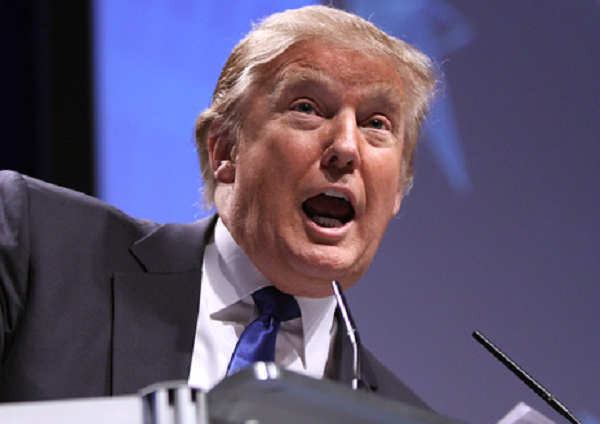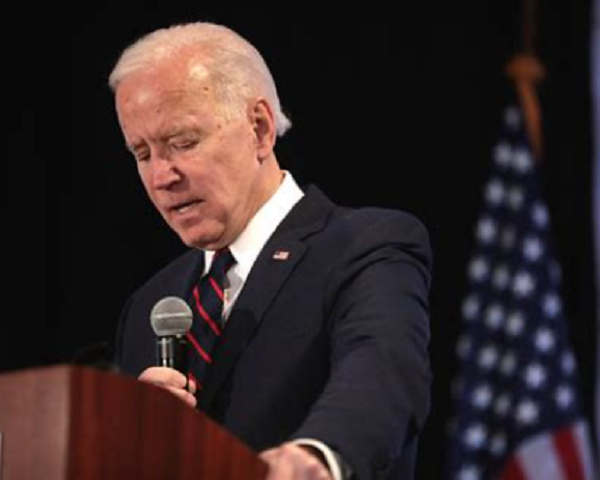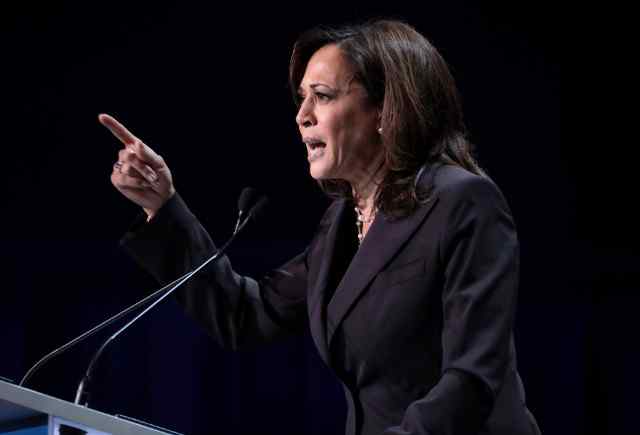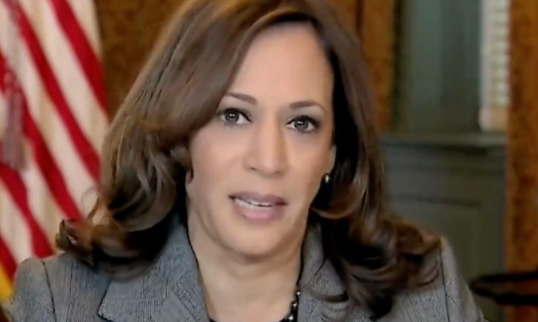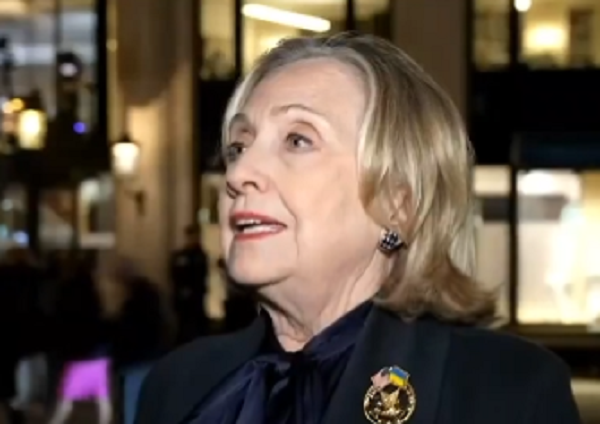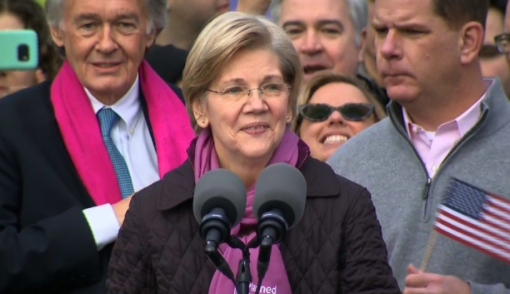A state judge in Georgia has issued an order that places restrictions on former President Donald Trump’s social media communications about his case.
Fulton County Superior Judge Scott McAfee’s order prevents Trump from directly contacting any of the 18 co-defendants in the case, except through their legal representatives. Additionally, the order prohibits Trump from using social media to intimidate co-defendants or witnesses. The order specifies that this prohibition encompasses posting on social media as well as reposting content from others.
The order states: “The Defendant shall perform no act to intimidate any person known to him or her to be a codefendant or witness in this case or to otherwise obstruct the administration of justice.”
It further adds: “The above shall include, but are not limited to, posts on social media or reposts of posts made by another individual on social media.”
Trump and 18 others were charged in Fulton County, Georgia, for their alleged involvement in attempts to overturn the 2020 election in the state. The order also establishes a $200,000 bond for the former president and emphasizes the prohibition of intimidating co-defendants or witnesses through indirect means, including social media.
In a related case, a federal judge, U.S. District Judge Tanya Chutkan of the D.C. District, warned Trump’s legal team about making “inflammatory” public statements about the case. Special counsel Jack Smith had charged Trump with conspiracies related to the 2020 election. Chutkan cautioned that such statements could accelerate the trial.
Chutkan’s warning came during a hearing focused on disagreements between the prosecuting team and Trump’s lawyers concerning evidence management. The judge’s protective order was intended to control the sharing of “sensitive” case materials, ensuring the trial’s integrity. Chutkan ruled that only information labeled as “sensitive” should be restricted.
Prosecutors argued for broad restrictions to prevent improper dissemination of materials, while Trump’s legal team contended that the government’s request was overly restrictive. Chutkan decided that the government had not demonstrated that all case information needed protection, and she clarified that Trump’s free speech rights were not absolute.
The rulings in both cases emphasize the careful balance between free speech rights and legal proceedings.

